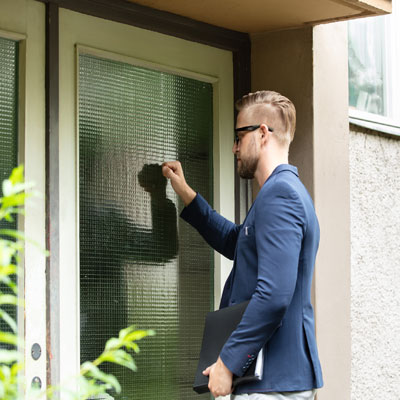 A visit by an official from the Division of Child Protection and Permanency (DCPP) is an emotionally charged event. A parent or caregiver may feel fearful, confused, upset, betrayed, and angry, but it is essential to remain calm and cooperative. Knowing your legal rights in advance can help you make good decisions if you are faced with this situation.
A visit by an official from the Division of Child Protection and Permanency (DCPP) is an emotionally charged event. A parent or caregiver may feel fearful, confused, upset, betrayed, and angry, but it is essential to remain calm and cooperative. Knowing your legal rights in advance can help you make good decisions if you are faced with this situation.
Know Your Legal Rights
The DCPP is responsible to follow up on every report of suspected child abuse or neglect within 24 hours. Their initial investigation must include contact with the parent or caregiver and the child in question.
If DCPP officials determine that a child is in imminent danger, they can remove the child from the parent’s home. This is a traumatic situation for the child and the parent, but the DCPP’s priority is to ensure the child’s protection until a full investigation can be conducted.
There are certain factors that parents and caregivers must know to ensure a successful outcome:
- Remain Calm and Cooperative: It is important to maintain a spirit of cooperation, but not offer too much information until you have time to speak to an attorney. Expressions of extreme anger or emotion can be red flags to investigators.
- Obtain Information: Recording the interaction on a cell phone can prevent misinterpretations and problems in future meetings. If DCPP officials refuse to record the interview, refuse to speak to them until another witness is present. Writing down the name and phone number of the investigating officers and their superiors is vital.
- Be Aware of the Right to Refuse Entry into the Home: If a DCPP official insists on entering the home, you have the right to refuse unless they have a signed warrant or a law enforcement official with them. If the parent refuses entry into the home and the DCPP officials return with a police officer, then the parents are mandated to allow entry. Many parents are intimidated by the DCPP, but it is important to remain firm and assertive when protecting your legal rights.
- Seek Legal Counsel: Always seek legal counsel when DCPP initiates an investigation. Parents have the legal right to refuse to be interviewed without the presence of an attorney. DCPP officials will need to allow parents time to seek counsel and will reschedule a meeting for their initial interview. Parents should remain cooperative but avoid divulging too much information until a lawyer is present.
- If a Child is Removed from the Home: Parents should have in mind a list of relatives or friends that would be willing to take their child should they be removed from their home. The adults need to be able to pass a criminal background check and have not had any investigations or accusations of child abuse or neglect against them.
In all cases where DCPP is involved, consultation with an experienced DCPP lawyer is essential to protecting the legal rights of parents and caregivers and ensuring that the best interests of the child are protected.
Contact a South Jersey DCPP Lawyer at the Law Offices of Theodore J. Baker if You are Facing a DCPP Investigation
If you are facing an investigation by DCPP officials, call an experienced South Jersey DCPP lawyer at the Law Offices of Theodore J. Baker at 856-795-9400, or contact us online to schedule a consultation today. Our Cherry Hill, New Jersey offices serve clients throughout Haddonfield, Marlton, Medford, Moorestown, Mount Laurel, Voorhees, and South Jersey.









